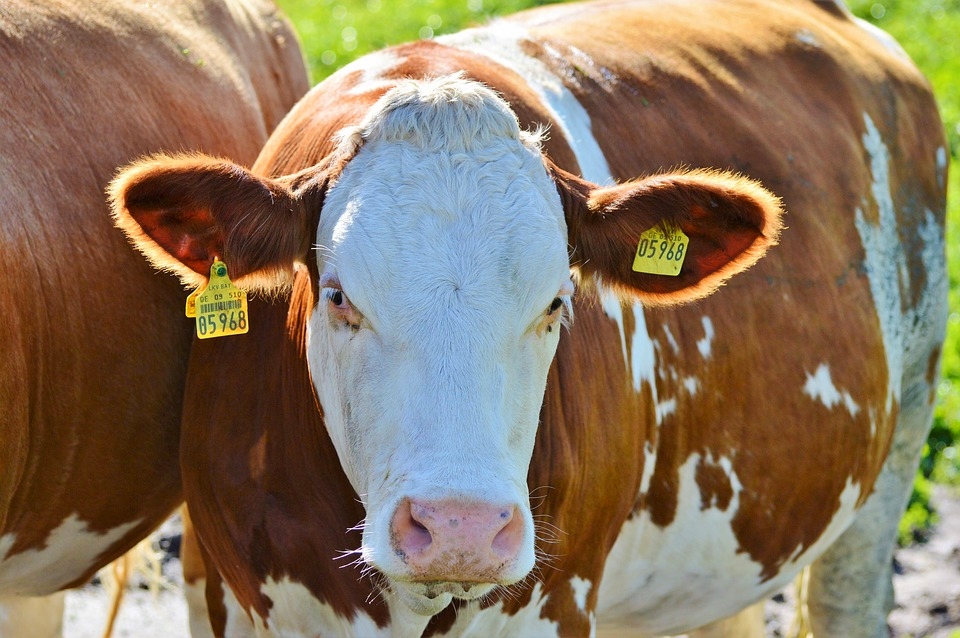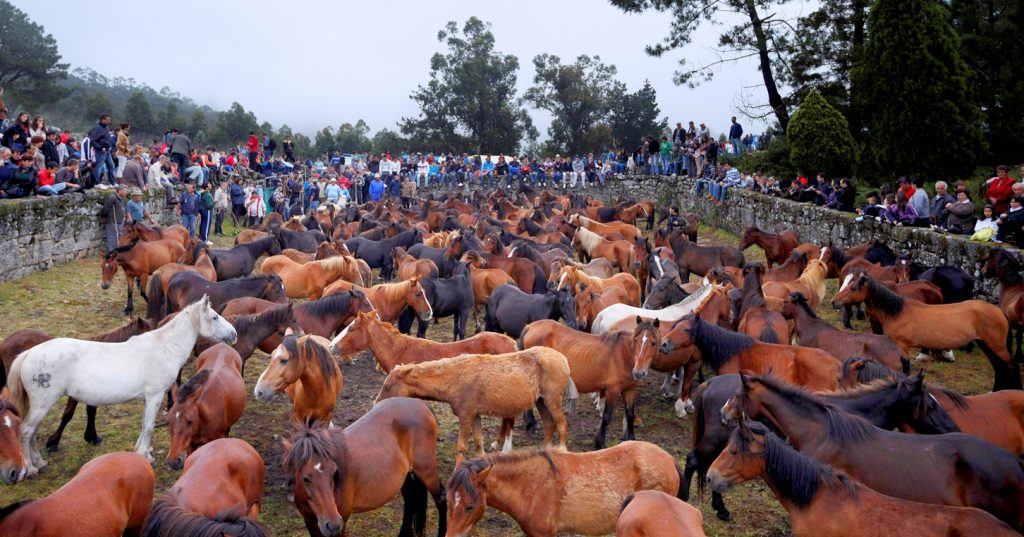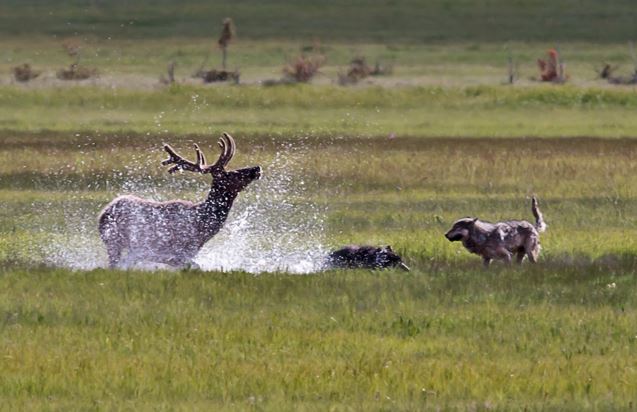Bullard charged that the industry silently allowed policies that disfavor independent cattle ranchers in the beef supply chain to be established, by not requiring enforcement of antitrust laws or the Packers and Stockyards Act, designed to protect competition and competitors.
Matthew Weaver
AIRWAY HEIGHTS, Wash. – The U.S. cattle industry is the “last frontier,” for a competitive marketplace, says the leader of R-CALF.
“It’s the last segment of American agriculture that’s not completely controlled from birth to plate by multi-national corporations,” CEO Bill Bullard told ranchers at the Cattle Producers of Washington meeting Oct. 28 in Airway Heights, Wash., outside of Spokane.
Bullard charged that the industry silently allowed policies that disfavor independent cattle ranchers in the beef supply chain to be established, by not requiring enforcement of antitrust laws or the Packers and Stockyards Act, designed to protect competition and competitors.
“We have been totally inactive in terms of preventing anti-competitive practices in our industry,” Bullard said.
Four large packing companies slaughter about 85 percent of the nation’s cattle market, Bullard said. In 2016, more than 2,200 large feedlots fed roughly 87 percent of all U.S. fed cattle, while 73 of the largest feedlots fed 34 percent of all fed cattle.
Ranchers need to be concerned about competitiveness at the point where animals are sold to packers, Bullard said.
Earlier this year, Bullard and R-CALF issued a white paper outlining the steps needed for ranchers to compete in the marketplace:
• Bring back mandatory country-of-origin labeling to stop the “beef packing cartel” from undercutting American ranchers with cheap imports.
• Give ranchers their markets back by breaking up the beef packing cartel or imposing strict rules of competition to stop unfair, monopolistic cattle-buying practices.
• Renegotiate more balanced trade agreements so ranchers are no longer forced to absorb over production from other countries or risk importing foreign livestock diseases.
• Quit forcing ranchers to financially support the beef packing cartel through the government-mandated Beef Checkoff program.
Bullard outlined similar declines in pork and sheep industries, with domestic production declining and increases in imports to meet domestic demand.
Bullard claimed U.S. Agriculture Secretary Sonny Perdue threw out Grain Inspection Packers and Stockyards Administration (GIPSA) rules designed to ensure that ranchers had recourse if meat packers engaged in activities harmful to their business.
“The meat packers have convinced the secretary of agriculture to support their interests and insulate them from your ability to protect your interests,” Bullard said.
See additional information here
[paypal_donation_button]
Free Range Report
[wp_ad_camp_3]
[wp_ad_camp_2]



